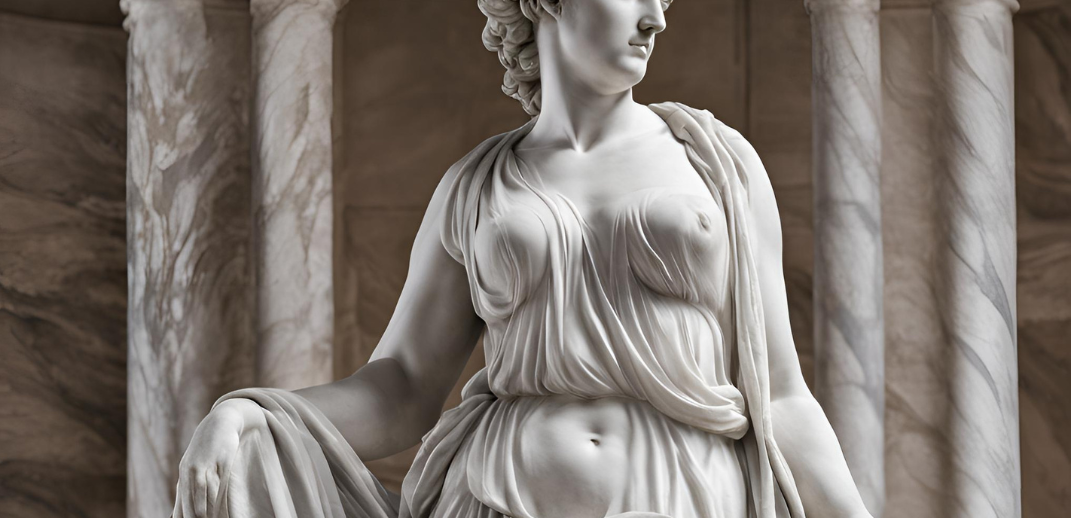
When I was a child, every summer my family would do this thing
where we all place our forearms in a row and compare who is the
most tanned.
I was white.
Not quite ghost-white, but
camembert-cheese-white at the very least.
And I tried hard.
My skin would always feel like it’s stretching over my face when
lying in the sun, and I hated the feeling of hot sweat on my arms.
But it was for a greater cause: winning the tanning challenge.
Then, when I was 15, I met this guy in school. I don’t
remember his name, I do remember that he was Korean and that he
talked about how the beauty standard he grew up with was to have
bright, fair skin.
The first thought this provokes, of
course, is: “Perhaps I am not ugly, but merely born in the wrong
place.” An obvious thought, and a step closer to the answer, but
not quite there.
It took a bit more reflection to arrive at
the final answer. Reflection that went back to my childhood,
further back even than the tanning competitions.
I remember when I was 5 years old, there was a girl that I adored.
She had caramel-brown hair and a round, golden face. And she had
this thing that you see on ancient roman statues.
A thing that I thought looked like poetry. The way that sunsets
look like poetry. Or the way the far-away mountains on a cold day
seem like they can be blown away by a breath - an image you want
to carve into your brain, as to never forget it.
Poetry
I know now that people call them love handles.
So, it wasn't as much about finding the one place where you will
be most conventionally attractive. It is about realizing that
there is no such thing as objective beauty. There might be some
things about you that some people adore and others disfavor. And
when looking for faults in your appearance, you will always be
able to find some. But just those things, the very things that
might make you sit in the sun sweating like a pig, will be the
epitome of beauty to others.
10.07.24
Laetitia Stuchtey
